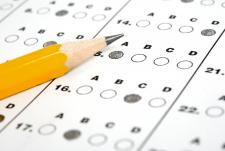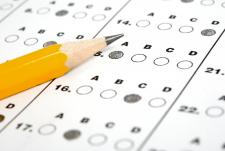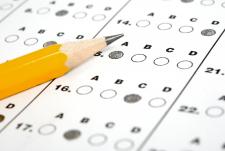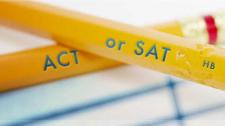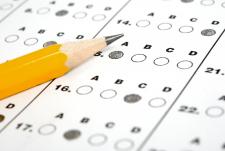Seniors: Get your Applications!
Posted on Tue, 09/17/2013 - 12:18We're back! With our weekly reminders for seniors. Each week, we'll be providing information, checklist items and advice on applying to college -- testing, essays, deadlines, college visits, letters of recommendation and more.
First up? Seniors, get your applications.
Visit the websites of every college to which you will apply and find out what application form they support -- the college's own unique form, the Common Application, Universal College Application, or some other electronic application provider.
Download or obtain any university's unique forms (public universities often have their own forms) and if you are applying to schools that use the Common Application or another electronic provider, go ahead and register and create an account.
No need to complete the applications at this point. Just familiarize yourself with the forms and requirements, including deadlines and any supplemental material that you may need to submit. This way you will understand what is ahead of you and can begin to pull together the information required, as well as start budgeting your time accordingly.








